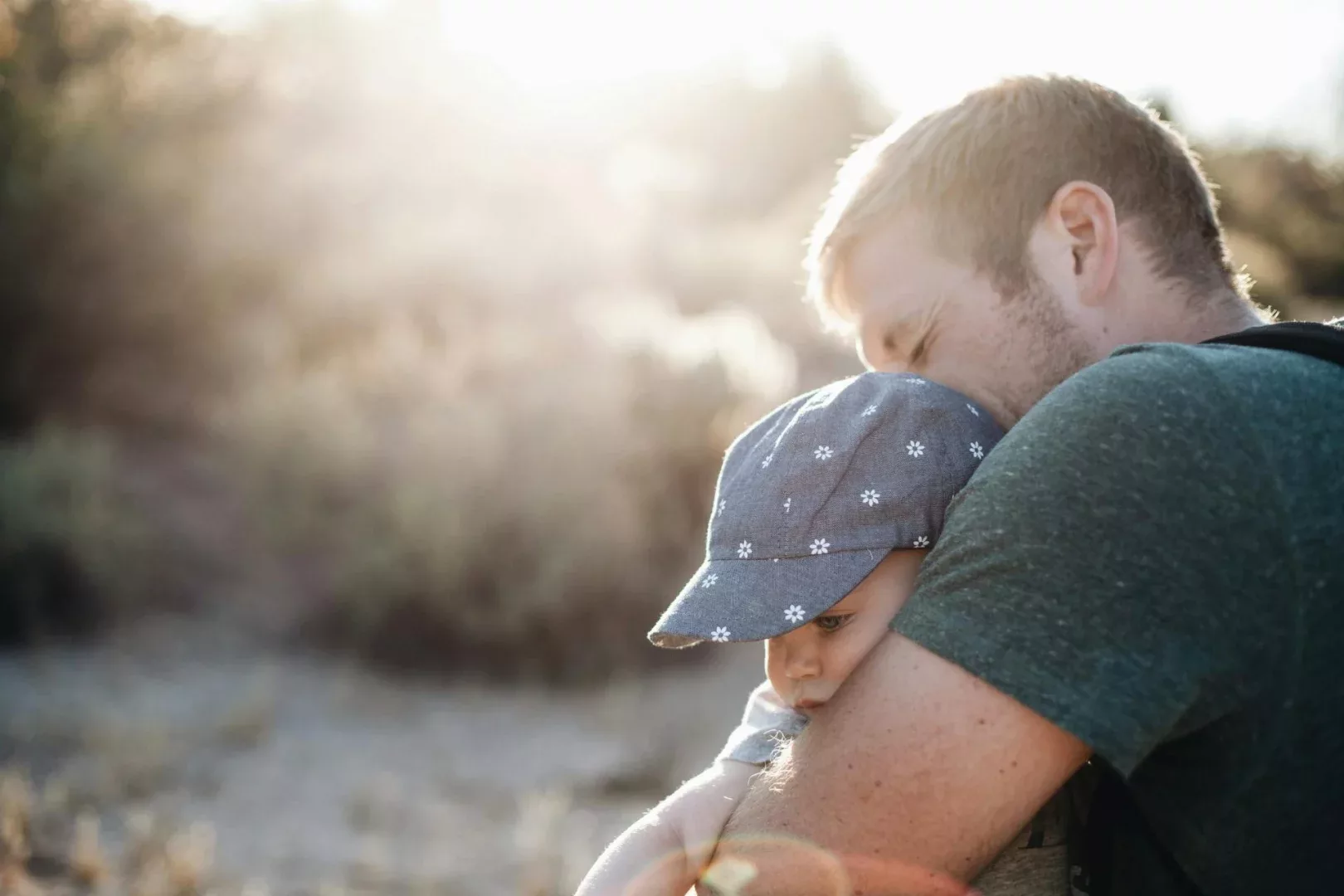Fatherhood After Divorce: Tips for Being a Good Dad
Have you ever wondered how to be a good father after a divorce? At TheBostonDivorceLawyer, we understand the importance of maintaining a strong relationship with your children post-divorce.
Read on to discover simple tips and advice for being a positive and involved dad during this challenging time.
From the point of view of existing legal documents on parenting after divorce, being a good father involves prioritizing the well-being of your children, maintaining open communication with them, and actively participating in their lives. It is also important to respect co-parenting agreements and work cooperatively with your former partner for the benefit of the children.
Maintain consistent communication
After my divorce, it’s been really important for me to keep talking to my children.
Honestly, don’t vanish from their lives. Let them know you’re still there for them. Keep in touch often and listen to what they have to say. Share your own thoughts and feelings honestly. Encourage them to speak freely with you. Be dependable when you communicate. Show up when you say you will, and don’t make promises you can’t keep. Be patient and understanding, especially when talking about tough subjects. Allow them to express their feelings without fear of judgment.
On a serious note, provide comfort and support when they need it. Stay involved in their lives by attending school events and showing interest in their hobbies. Be present both physically and emotionally. Keep communication open, even when it’s challenging. Be a steady and reliable presence. Let them know they can always rely on you. Building and maintaining a strong relationship with your children after divorce is vital for their well-being. Communication is key.
Spend quality time together
After my divorce, I realized how very important it is for me to continue spending quality time with my children.
My point is, this means finding activities you both enjoy and making an effort to be present and engaged when you’re together. Whether it’s playing a sport, hiking, or just watching a movie at home, the goal is to build a strong relationship with your kids.
Listening to them and supporting their feelings is also very important. Kids might have a tough time adjusting to the divorce, so being there for them emotionally is very important. By being a good listener and offering love and support, you show your kids that you care about their well-being.
Creating routines and traditions can help strengthen your bond with your kids. Frankly, whether it’s a weekly game night or a monthly camping trip, having regular activities to look forward to can provide stability and comfort during a challenging time. These shared experiences can create lasting memories and deepen your connection with your kids.
Listen and support child’s feelings
Considering earlier points, after my divorce, I realized how crucial it was to truly listen to my child and support their feelings.
So to speak, kids might feel confused, sad, or angry about family changes. Be patient and let them express their feelings. Let them know it’s okay to feel how they do.
Show that you understand your child’s feelings. Try to see things from their point of view and recognize their pain. Don’t dismiss or downplay their emotions, even if you don’t agree. They need to know their feelings are real and you’re there for them.
Create a safe and comforting space where your child feels heard and valued. My point is, encourage them to talk openly and be ready to listen whenever they need to share. Be attentive and present when they talk about their thoughts and feelings.
Reassure your child that they are loved and supported despite the changes in the family. Be consistent in your care and show your commitment to their well-being. Help them build resilience and cope with the challenges by being a source of strength and stability. Remember, your child’s feelings are important and deserve to be acknowledged and respected.
Co-parent effectively with ex-partner
Drawing on earlier remarks after my divorce, I’ve found it crucial to co-parent effectively with my ex-partner for the well-being of our children.
If you think about it, talking with your ex about your kids is really important. Try to keep communication open and be ready to talk about anything important. Focus on what’s best for your kids rather than any issues you have with your ex.
Create a steady routine for your children by sticking to a regular visitation schedule. Be there for your kids, even if it means setting aside your own feelings or problems with your ex.
Treat your ex with respect, even when you don’t agree on things. Frankly, don’t speak badly about them in front of your kids, as it can cause unnecessary stress and confusion for them.
Be willing to bend and make compromises if needed. Your children’s needs should come first, even if it means making some sacrifices on your end.
Remember that co-parenting means working together. Both parents need to cooperate for the happiness and well-being of the kids. Be a good role model and show your children that despite the difficulties of divorce, you can still team up for their sake.
Seek guidance if needed
In the preceding section after going through a divorce, I found it challenging to navigate the complexities of being a good father.
Believe it or not, it’s important to remember that asking for help isn’t a sign of weakness. It’s a way to make sure you’re giving your children the best support during tough times.
Sometimes, you might not know how to handle certain situations or feelings. It’s okay to turn to friends, family, or a therapist for advice. They can offer different viewpoints and help you manage co-parenting better.
Frankly, professionals like family counselors or lawyers can also provide helpful advice on legal issues and ways to communicate well with your ex-partner. They can help set up boundaries and routines that work for you and your kids.
You don’t have to go through this alone. Reaching out to those around you and professionals who understand family issues can help you be the best father you can be, even in hard times. By asking for help, you’re taking important steps to care for your children and yourself after the divorce.
The Final Word
Going back to earlier points, in conclusion, being a good father after divorce requires dedication, communication, and consistency.
What TheBostonDivorceLawyers is recommending to read about is, by prioritizing your children’s well-being, maintaining a positive relationship with your ex-spouse, and actively participating in your children’s lives, you can work through the challenges of divorce and continue to be a loving and supportive father. Remember, your children’s happiness and emotional security should always be your top priority.







